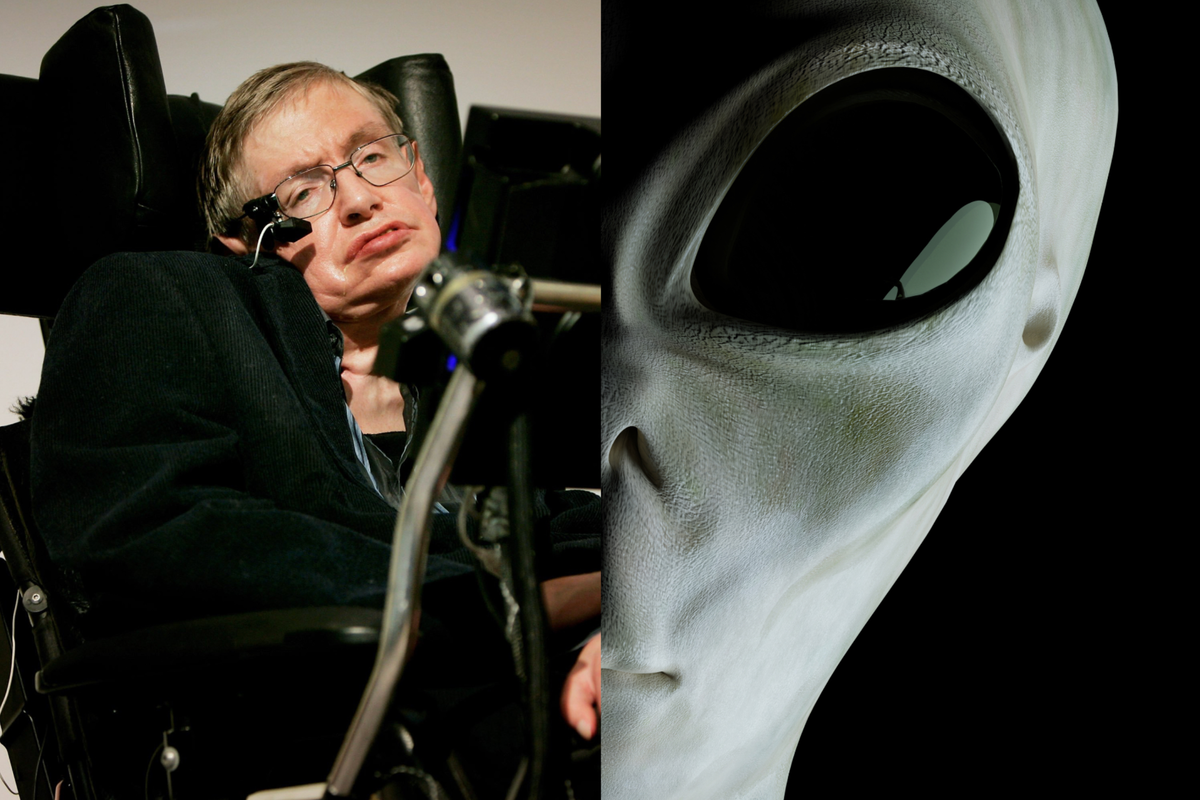Catherine Shuttleworth
Dec 16, 2023

Scientists discovered an entirely new human organ by accident
iStockphoto by Getty Images
Back in 2020, which was already an eventful year, it became even more interesting for a group of researchers.
A group of scientists in the Netherlands stumbled upon an entire organ that hadn't been spotted before while studying prostate cancer.
Researchers weren't actively trying to find a new organ but managed to do so nonetheless.
Spotted just below the face, you may be wondering how a group of researchers studying prostate cancer came to find the organ.
The group of researchers at the Netherlands Cancer Institute injected patients with radioactive glucose that makes tumours glow on CT and PET scans.
Whilst studying the scans, researchers noticed two areas within the head were lighting up, suggesting a set of salivary glands were tucked away in there. The group then gave the organ the name of 'tubarial salivary gland'.
The glands can be found behind the nose; where the nasal cavity meets the threat, and are designed to "lubricate and moisten the area of the throat behind the nose and mouth."
It's obviously quite shocking that this organ wasn't discovered until 2020, but Dr Wouter Vogel, radiation oncologist at the Netherlands Cancer Institute, had an idea as to why it went unnoticed for so long.
It takes "very sensitive imaging" to spot the glands, he explained, and added that they're "not very accessible."
"People have three sets of large salivary glands, but not there," he said.
"As far as we knew, the only salivary or mucous glands in the nasopharynx are microscopically small, and up to 1,000 are evenly spread out throughout the mucosa. So, imagine our surprise when we found these."
Researchers hope the unintentional discovery will actually help cancer patients experience fewer complications after receiving radiotherapy. This is because many believe the complications surrounding treatment are connected to the newly discovered glands.
According to Vogel, the "next step" is to figure out how to not damage the organs during radiotherapy treatment. A "single misdirected zap" could permanently damage the organ.
If researchers manage to solve the problem, it could lead to a significant boost in radiotherapy quality.
How to join the indy100's free WhatsApp channel
Sign up to our free Indy100 weekly newsletter
Have your say in our news democracy. Click the upvote icon at the top of the page to help raise this article through the indy100 rankings.
Top 100
The Conversation (0)












